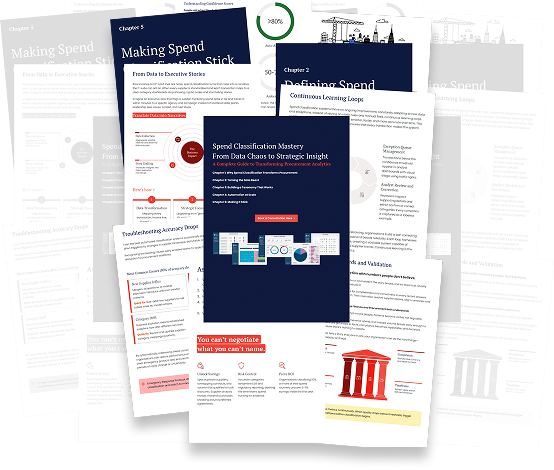Marginal cost is the cost of producing an additional unit of output. For example, supposing a supplier produces 100 units at a cost of $1000, and the cost of making 101 units is $1005. The average cost per unit is $10, but the marginal cost of the 101st unit is only $5. When negotiating with suppliers, buyers may seek to persuade the supplier to set a price that covers their marginal costs only, rather than adopt absorption costing. Absorption costing means that the product absorbs all of the variable costs and overheads. In the example above, a marginal costing argument might be used to suggest a price of $6 per unit, covering the supplier’s variable costs and making a contribution towards overheads and profit. See also Total Absorption Costing.
« Back to Glossary IndexCost, Marginal
Discover the world’s largest Glossary of Procurement terms
With over 800 Procurement specific terms (and growing) you will find everything you need to know or thought you knew about the Procurement function. Our aim is to provide you with a comprehensive list collated from the Comprara Groups hub of training and procurement consulting source materials.The Procurement Glossary has been compiled by industry expert Paul Rogers.










